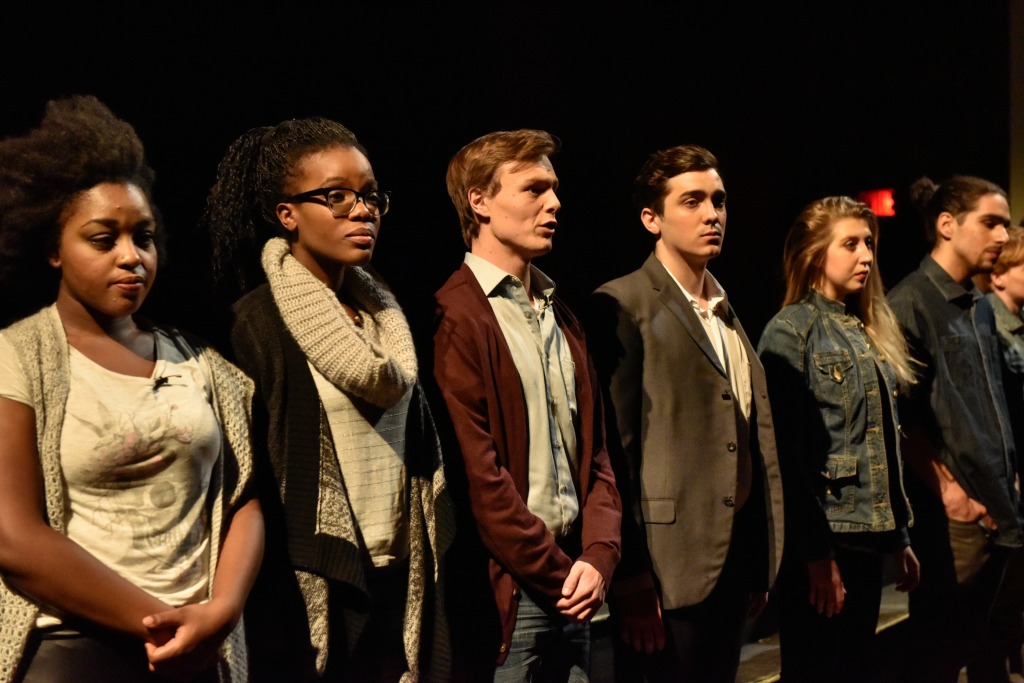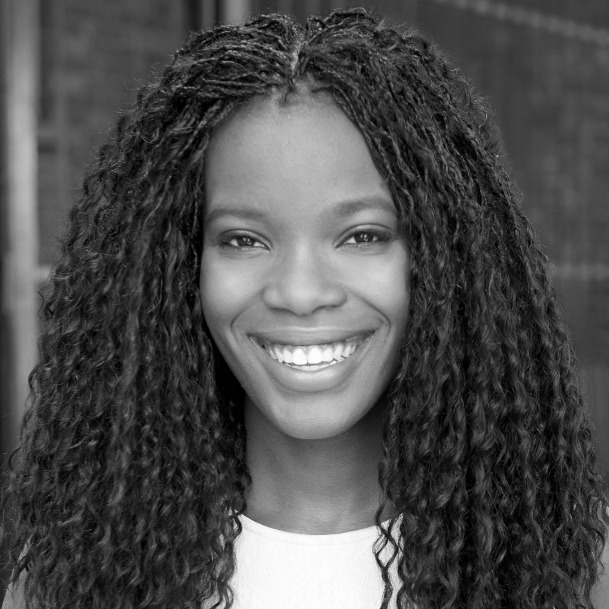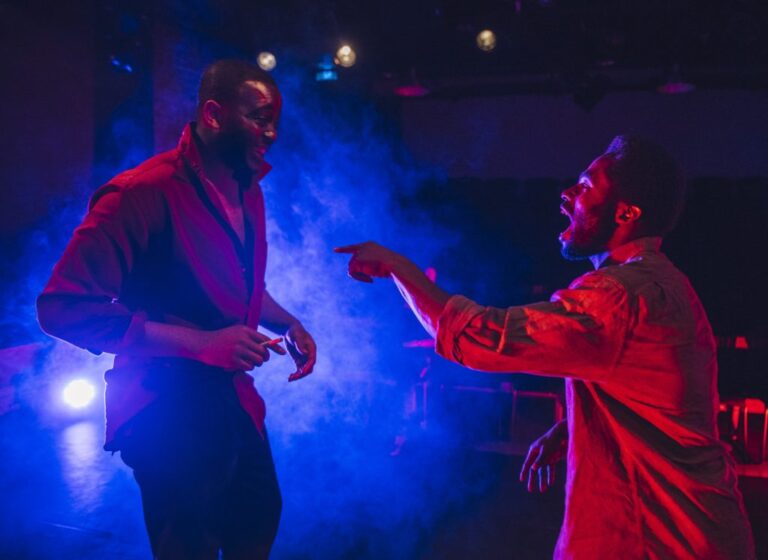The Dissection of a Mad Black Actress
I am Black and I am exhausted. Exhausted of feeling like an inconvenience for casting. Exhausted of being treated like an exotic animal in a zoo. I applied to theatre school to train as an actor and yet every day feels more like training to be a civil rights activist.
Diversity, equity, and inclusion: three words that should mean so much to me as a Black woman pursuing a career in theatre. But, frankly, I am not sure I know what they mean anymore. I have heard them so many times that their true definitions are slowly beginning to fade.
For some people, those words are used to meet quotas and receive funding, or they’re buzzwords casually sprinkled in panel discussions. For an artist of colour, they carry far more weight. Diversity, equity, and inclusion surround every opportunity in my career. Those three words encompass my life in the margins. My livelihood rests on the fact that somewhere a theatre company needs a Black actress.
I have been cast in roles where I’ve realized I was there to fill a quota. I end up feeling less like a person and more like someone’s token. After all, some of the biggest stages across this country only hire one Black actor. Schools, for the most part, only admit one. One Black actor is the norm, and we have become accustomed to it. The current landscape of Canadian theatre is proof that we as a community are comfortable accepting a minimalist attempt at diversity; hire one face of colour among a sea of white and call it a success.

The National Theatre School’s production of the Lear. Photo by Maxime Côté.
Currently, my theatre school cohort is being marketed as the “historically most diverse class to date.” That label is weird. I thought we were just a class of twelve actors. I never imagined that we would be bearing the weight of years of neglect towards diversity, equity, and inclusion. Or maybe it is a coincidence. Maybe in the last half-century since the school was established there have never been more than four talented actors of colour at a time who could gain admission to the most prestigious theatre school in the country.
But in 2014, there were five. Four of us are women and two of us are Black women. Three years ago, I was stunned to learn that both another Black woman and I had been accepted into the same cohort. Because no school does that. Why would they? One is often enough. Two seems redundant.
Walking into the callback auditions for the school, I remember feeling relieved that I was the only Black woman there. This is how I have been conditioned to understand my place in this industry. When there is no specific mandate for diversity, the possibility of acceptance narrows. Every other Black woman is my competition. There’s no space for all of us.
* * *
“We really have no idea how you would potentially fit, or if you would fit on our roster.”
This is part of a rejection letter I received from a Toronto talent agency. It is the part that has been permanently etched in my memory. It’s the part that disappointed me the most. Their carefully selected roster, like those of many big-name agencies across the country, is littered with white face after white face. Of course, there are slight variations. Sometimes the blondes have blue eyes and sometimes their eyes are green. There’s an array of different shades of brunettes, and occasionally a couple of redheads. And yet barely a handful of people of colour, and, more specifically, rarely two Black women. Once I see that an agency already has their one Black actress within my age range, I move on. I know there is no place for me. And then I can’t help but think to myself, “Why is there only ever just one?”
This trend goes beyond agency rosters. It permeates our training institutions and it seeps into the various stages of casting.
Being the sole Black actor on a roster or in a production can be the most powerful position to be in: I am unique, I am the only one, I am necessary. Yet I still have to question if this opportunity was given to me based on merit. Am I simply a token? I want to earn my place. I want it to mean more than the category of minority I fit into. I want to be included, and I want to be hired. I am proud of my blackness. I own who I am in this skin. But is that all people are willing to see?

The National Theatre School’s production of the Laramie Project. Photo by Maxime Côté.
There is more to me as an artist than my skin colour and gender. And as much as I want to implore our theatre community to do better, I also just want to be. I want to be me: Rachel Mutombo, the human—not always Rachel Mutombo, child of immigrants from the Democratic Republic of the Congo, the Black actress motivated for change. Yet, at the Theatre Ontario showcase this year I performed an Othello monologue from Harlem Duet… Not exactly the monologue choice for someone who doesn’t want to be stuck in the Black actor box forever. But what other option did I have?
I cannot shy away from the responsibility I feel as an actor with a historically marginalized voice. I feel compelled to speak up for myself and others, but taking this on does not come easily to me. I have learned to thrive in the margins rather than let the confines crush me. I have learned how to develop a voice as an artist who tackles the issues head-on. In my first year at school, I distinctly recall being asked about how my race related to my acting, and I said, “I am not really into the Black thing.”
And yet here I am. That same girl who wasn’t “into the Black thing” dared to show off her blackness at the Theatre Ontario Showcase and dared to write this article.
My skin carries baggage. The weight of hundreds of years of oppression is heavy on the shoulders of a twenty-three year old. There is beauty in intersectionality, especially in the theatre. There is more to my graduating class than what colours you see when we are on stage together. Our work ought to exist on its own. And when I get hired, I hope that I am hired for me, Rachel Mutombo the actor, who happens to be Black. So that my entire career is not spent wondering: Am I just filling a spot?










Comments